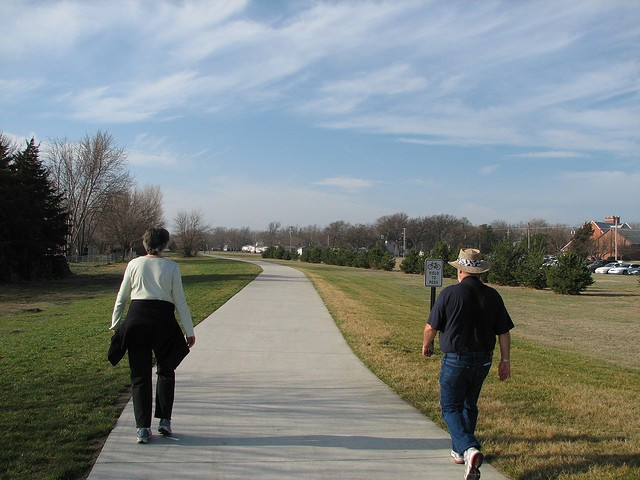Vitamin D Deficiency Raises Risk of Mortality among Older Adults

Adults with low levels of vitamin D are at 30 percent greater risk of death than people who had higher levels.
Oregon State University researchers came to the conclusion after analysing data obtained from the Third National Health and Nutrition Examination Survey on more than 4,300 adults above 60 years.
During the study, researchers divided 4,300 adults into four groups: The first group had less than 50 nanograms per millilitre of vitamin D and the second group had vitamin D above 80 nanograms per milliliter; the third had low levels of vitamin D and were also frail; the fourth had higher levels of vitamin D and were healthy.
The study found that participants with low levels of vitamin D were at greater risk of death than people who had higher levels of vitamin D, according to the findings published in the European Journal of Clinical Nutrition.
Researchers also found that participants, who were weak and had low levels of vitamin D, were at three times higher risk than people who were not frail and had higher levels of vitamin D.
Researchers claim that weakness or vitamin D deficiency occurs in people when they do not have much physical exercise like brisk walking, jogging and yoga in the sunshine.
"As you age, there is an increased risk of melanoma, but older adults should try and get more activity in the sunshine. Our study suggests that there is an opportunity for intervention with those who are in the pre-frail group, but could live longer, more independent lives if they get proper nutrition and exercise," said EllenSmit, researcher at the Oregon State University.
Nearly a billion people across the world have insufficient levels of vitamin D. Researchers recommend that adults take 2,000 IU of supplemental vitamin D daily.
"We want the older population to be able to live as independent for as long as possible, and those who are frail have a number of health problems as they age. A balanced diet including good sources of vitamin D like milk and fish, and being physically active outdoors, will go a long way in helping older adults to stay independent and healthy for longer," Smit said.
© Copyright IBTimes 2025. All rights reserved.



















